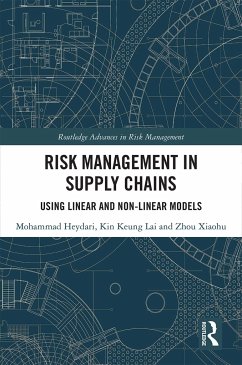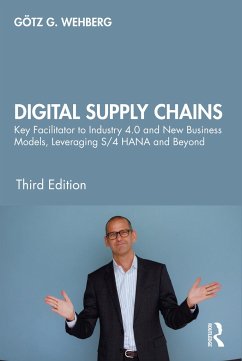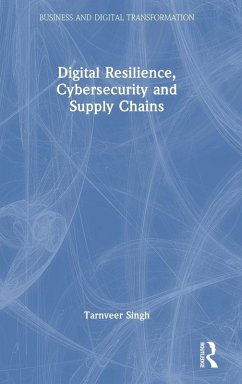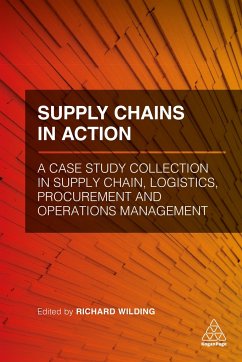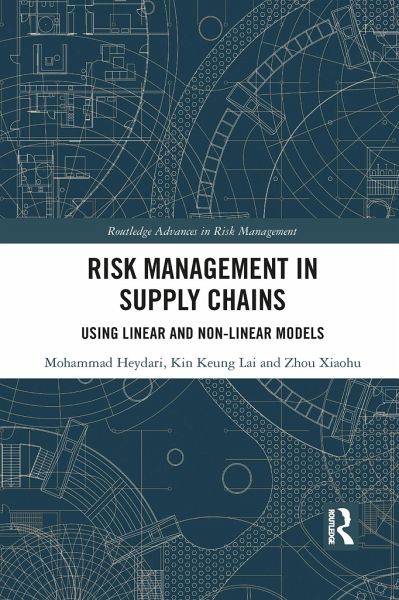
Risk Management in Supply Chains
Using Linear and Non-linear Models
Versandkostenfrei!
Versandfertig in 1-2 Wochen
55,99 €
inkl. MwSt.
Weitere Ausgaben:

PAYBACK Punkte
28 °P sammeln!
The book examines a relatively unexplored issue in supply chain risk management, which is how long companies specifically take to respond to catastrophic events of low probability but high impact. The book also looks at why such supply chain disruptions are unavoidable, and consequently, all complex supply chains are inherently at risk. The book illustrates how companies can respond to supply chain disruptions with faster responses and in shorter lead-times to reduce impact. In reducing total response time, designing solutions, and deploying a recovery plan sooner after a disruption in anticip...
The book examines a relatively unexplored issue in supply chain risk management, which is how long companies specifically take to respond to catastrophic events of low probability but high impact. The book also looks at why such supply chain disruptions are unavoidable, and consequently, all complex supply chains are inherently at risk. The book illustrates how companies can respond to supply chain disruptions with faster responses and in shorter lead-times to reduce impact. In reducing total response time, designing solutions, and deploying a recovery plan sooner after a disruption in anticipation of such events, companies reduce the impact of disruption risk. The book also explores the basics of multiple-criteria decision-making (MCDM) and analytic hierarchy process (AHP), and how they contribute to both the quality of the financial economic decision-making process and the quality of the resulting decisions. The book illustrates through cases in the construction sector how this industry has become more complex and riskier due to the diverse nature of activities among global companies.





